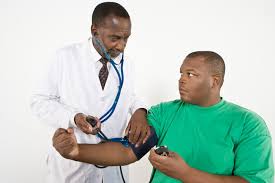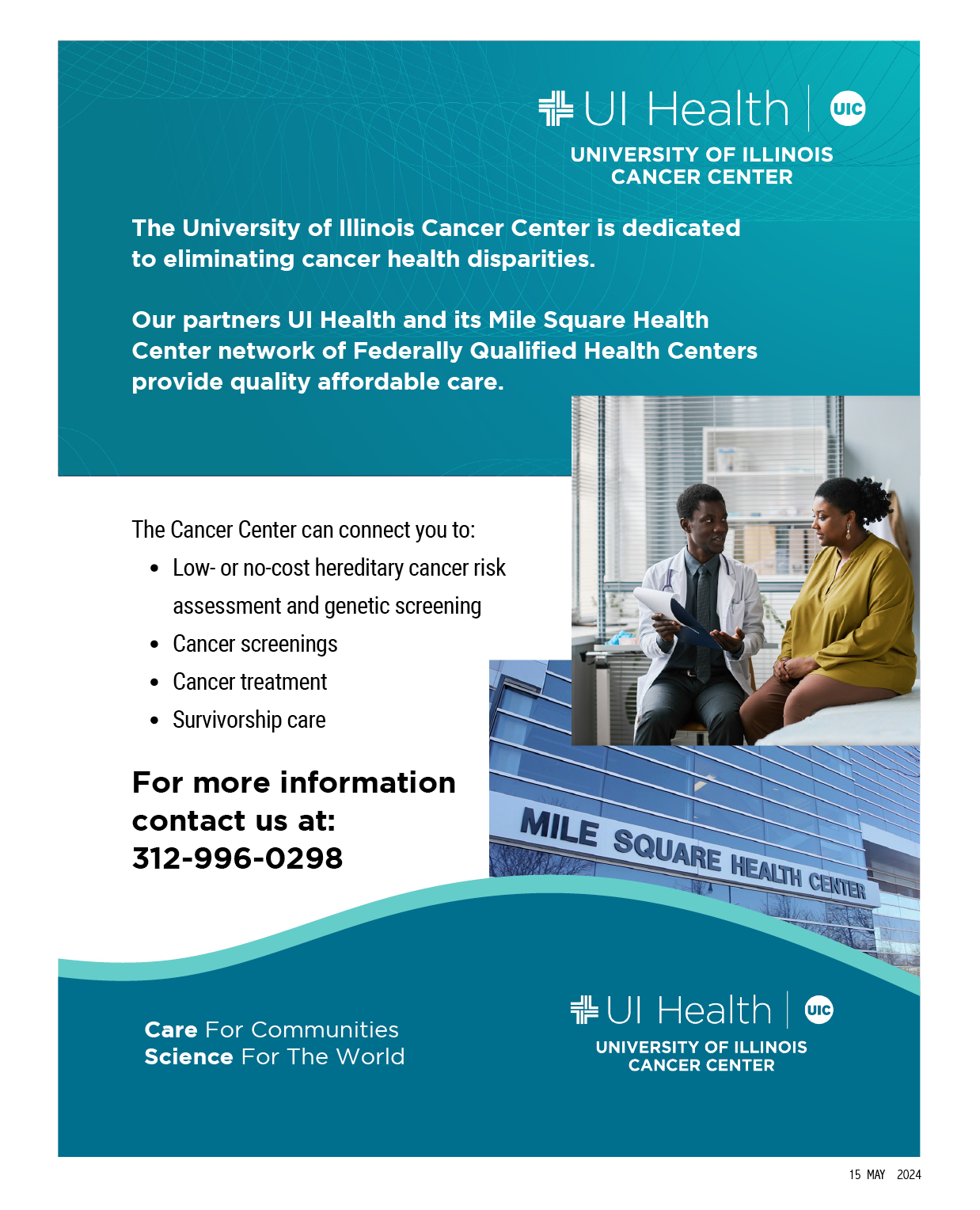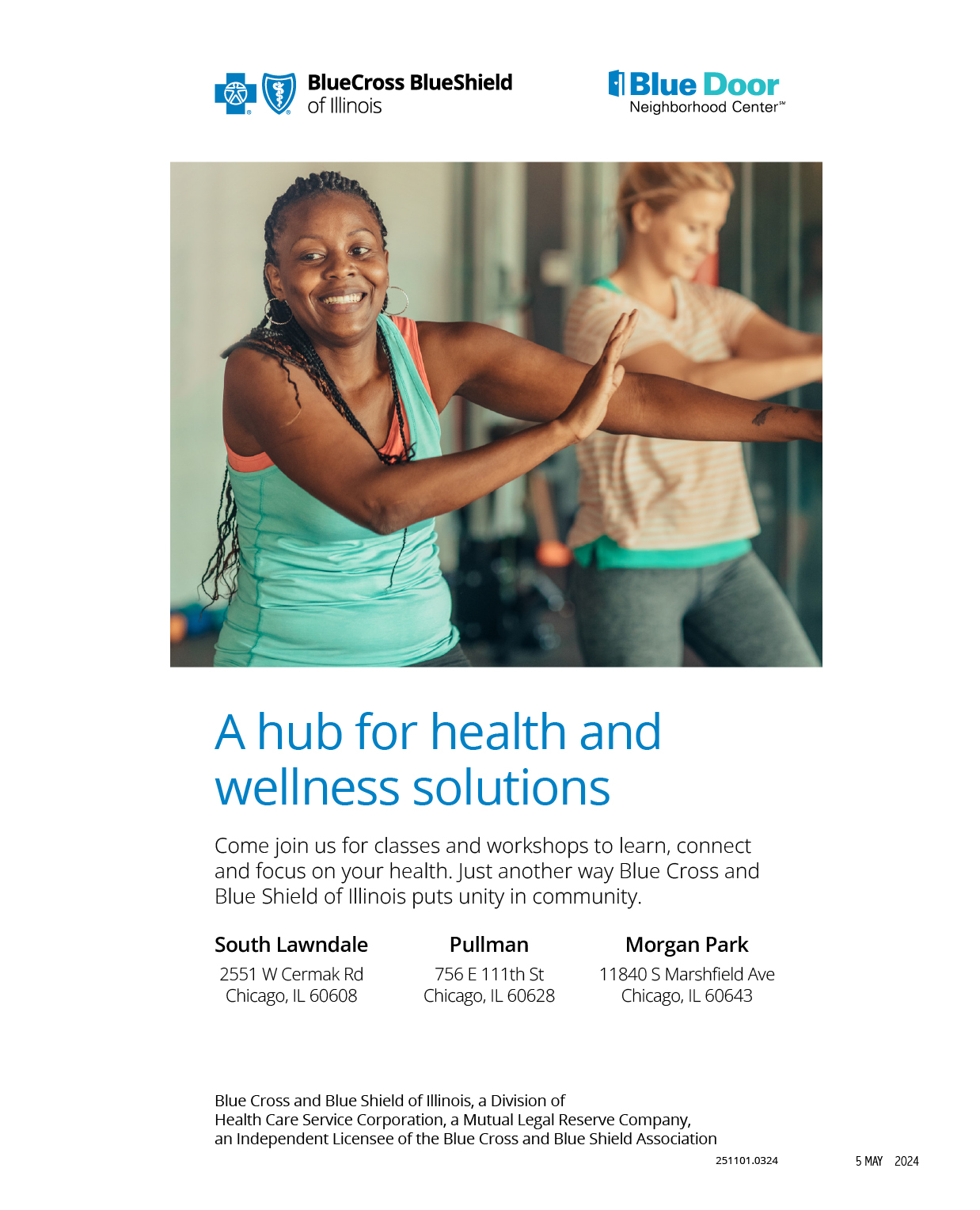It’s time for a serious conversation about men’s health. And who better to have that conversation with than the former Assistant Commissioner at the Chicago Department of Health and former Regional Health Officer for Cook County, Joseph “Joe” Harrington.
Joe Harrington has a lifetime of experience in education, social services, mental health, healthcare, and public health, including working at two academic medical centers and a community hospital. He has also been an administrative law judge for the Illinois Department of Public Health, is currently a member of the Cook County Health Board, and was appointed by Governor J.B. Pritzker to the State Health Improvement Plan Implementation Council.
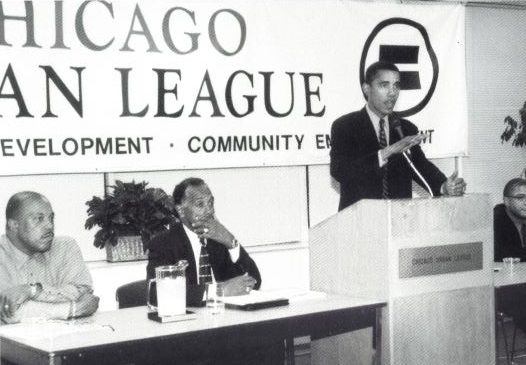
The subject of men’s health, especially Black men’s health, is a subject that is very near and dear to Joe Harrington’s heart. In 2003, Harrington and former Chicago Department of Public Health Commissioner and retired Chief Operating Officer of the Cook County Department of Public Health, Dr. Terry Mason, were two of 12 founding members of the Thapelo Institute. The Thapelo Institute was established to educate the public, in general, and specifically African Americans, with a focus on men, of the importance of a healthy lifestyle that includes a nutritionally sound diet, regular physical activity, and no tobacco use.
Harrington began by sharing these not surprising numbers: “The life expectancy of men overall, all races and ethnicities, in the United States is 76.1 years. Of that, the life expectancy of Black men is 70.8 years, white men 76.4 years, and Hispanics 77.7 years.” He said, “Although fewer Black men are gainfully employed, especially in historically underserved and marginalized communities on the South and West Sides of the city, they would also be less likely to benefit from the Social Security benefits they worked years to deserve because they would die before reaching the mandatory age for claiming benefits.
In 2013, the top three causes of mortality among men overall were heart disease, cancer, and unintentional injuries. The top cause of mortality for Black males between fifteen and forty-four was homicide, with suicides rising as a cause at alarming rates for Black males of all ages. Recent research has observed that 80 percent of suicide deaths in the Black community were men. Firearms were the predominant method of suicide among African Americans regardless of sex or age. Black men don’t often recognize depression or trauma as an issue, therefore don’t associate suicide ideation (SI) as a problem. One way in which the City of Chicago is addressing the problem of Black male life expectancy is through the it Healthy Chicago 2025 program.
Ralph Ellison writes of “The Invisible Man,” a metaphor for the Black men who are not seen as individuals, but as a group with attributions of criminal behavior and poor self-health care. Black men are invisible in other ways. Data from the U. S. Census demonstrates that there are more than 1.5 million Black men between the ages of 25 and 54 who are missing from daily life because of premature mortality (900,000 Black men) or incarceration (25,000 Black men).
The reasons for these disparities are many. There are lifestyle factors. Harrington explained that Black men are more inclined to engage in risky behavior, such as, smoking tobacco and over-indulging in alcohol. Black men are more apt to have poor diets, consisting of too much sodium and too much sugar. “They stop eating candy, but they don’t realize that soft drinks have more sugar than some candy,” he says.
As for sodium, “people are eating more prepared food than ever in the history of mankind,” he says, “and all prepared food contains sodium, which is used to maintain shelf life.”
Harrington tells a “joke” that he explains is not really funny: “What’s a ghetto breakfast?” Answer, “Flaming Hots and a Coke.” Unfortunately, too many children, as well as some adults within the Black community, start their day with this “ghetto breakfast.”
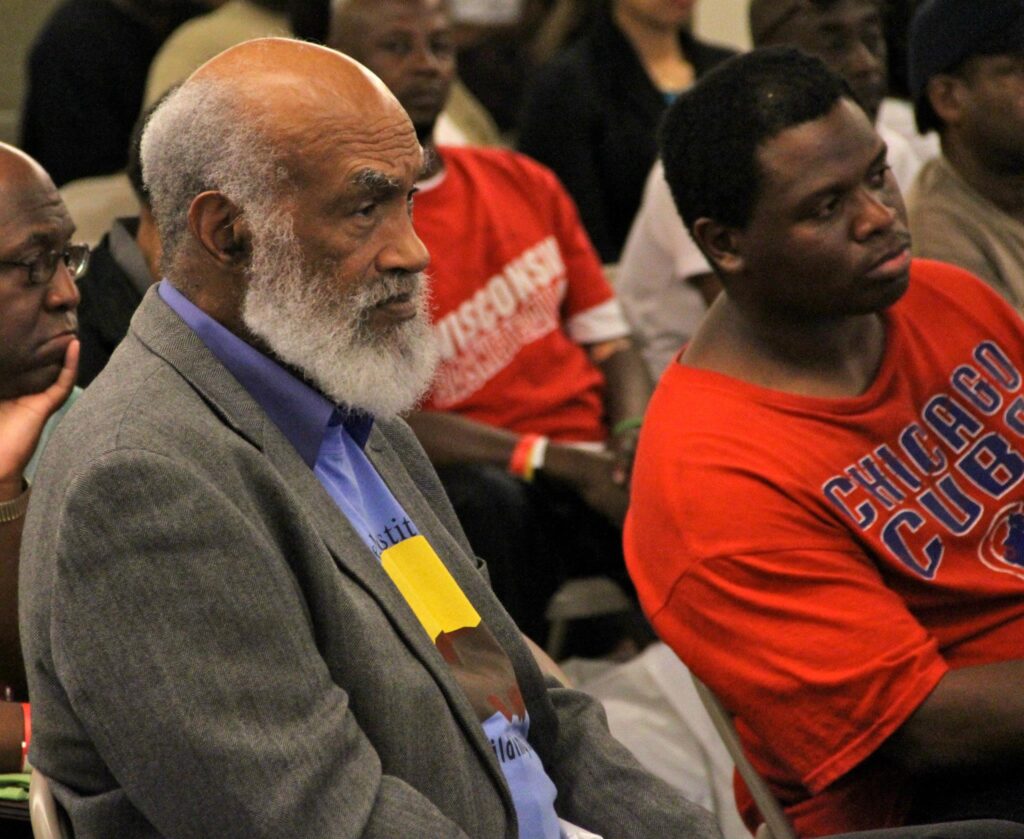
Another aspect of our poor diets is so-called, “Soul Food.” “These were the scraps from “massa’s” table,” Harrington explains.
Instead of throwing away the pig’s intestines, they were given to the slaves. And, today, chitterlings remain a mainstay in some Black households.
It is interesting that Juneteenth falls in the month of Black Men’s Health Week. June 19 was the day the last of the slaves were set free. Yet over four hundred years later, we are still suffering, and our health is still suffering from the event of slavery. “Transgenerational trauma” is when the experiences of parents affect the development of their children and sometimes even their grandchildren. Also known as “intergenerational trauma,” it can show up biologically, socially, mentally, or emotionally.
At a Thapelo health event for Black men, Dr. Terry Mason described the type of trauma that the descendants of slaves could experience as beginning in the dungeon-like slave castles in Ghana, West Africa. Forty of these slave castles were built along the coasts of West Africa to hold detained Africans until the ships came to take them to the Americas to be sold as slaves. Mason said the first trauma we suffered was being loaded onto the ships, then being kept in those confined places, and then undergoing the trials and tribulations of traveling through the Middle Passage. He says, “We were taken away from our families, where we were broken of our spirit, of our language, of our culture, and broken of everything of who we were.
Our minds were taken away from us and replaced with the mind of the slave master. So, the real trauma was us dealing with the psychological schizophrenia of hating who we were. And that trauma drives one’s behavior, because if I do not love me, if I do not care about me, then I will not care about what I put into my body, and I will not care about the things I need to do.”
Not caring means not going to your primary care doctor and having your prostate-specific antigen (PSA) checked in your blood for possible prostate disease, which if caught in early stages has a better chance of being successfully treated. Not caring means not having your blood pressure checked regularly, knowing African Americans are more prone to high blood pressure.
High Blood Pressure is called the “silent killer” because its only symptoms are heart attack, stroke, or kidney failure. Not caring means not having a primary care physician, and not having an annual checkup.
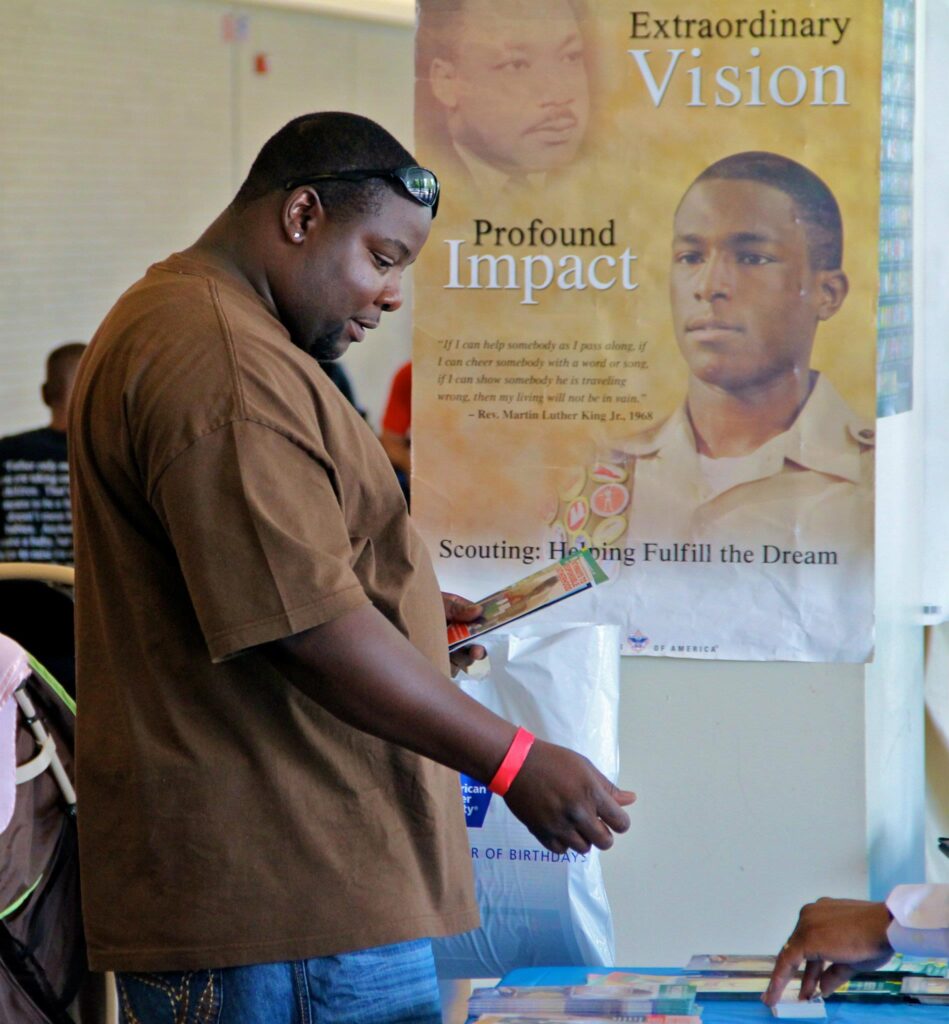
When you do not care about your body, you do not care what you put into your body. You are not willing to pay a few pennies more for organic fruits and vegetables because you don’t think your body is worth it.
When you do not care about your body, you will not take the time to go to the gym, or to work out at home, or to walk around the park, because you don’t think your body is worth it.
This Father’s Day, give yourself the gift of a healthier lifestyle. Let your family know that you care about them, and you want to be around for them. But most importantly, do it for yourself.
Healthy Chicago 2025 is Chicago’s five year community health improvement plan that focuses on racial and health equity to meet the goal of reducing the Black-white life expectancy gap.


